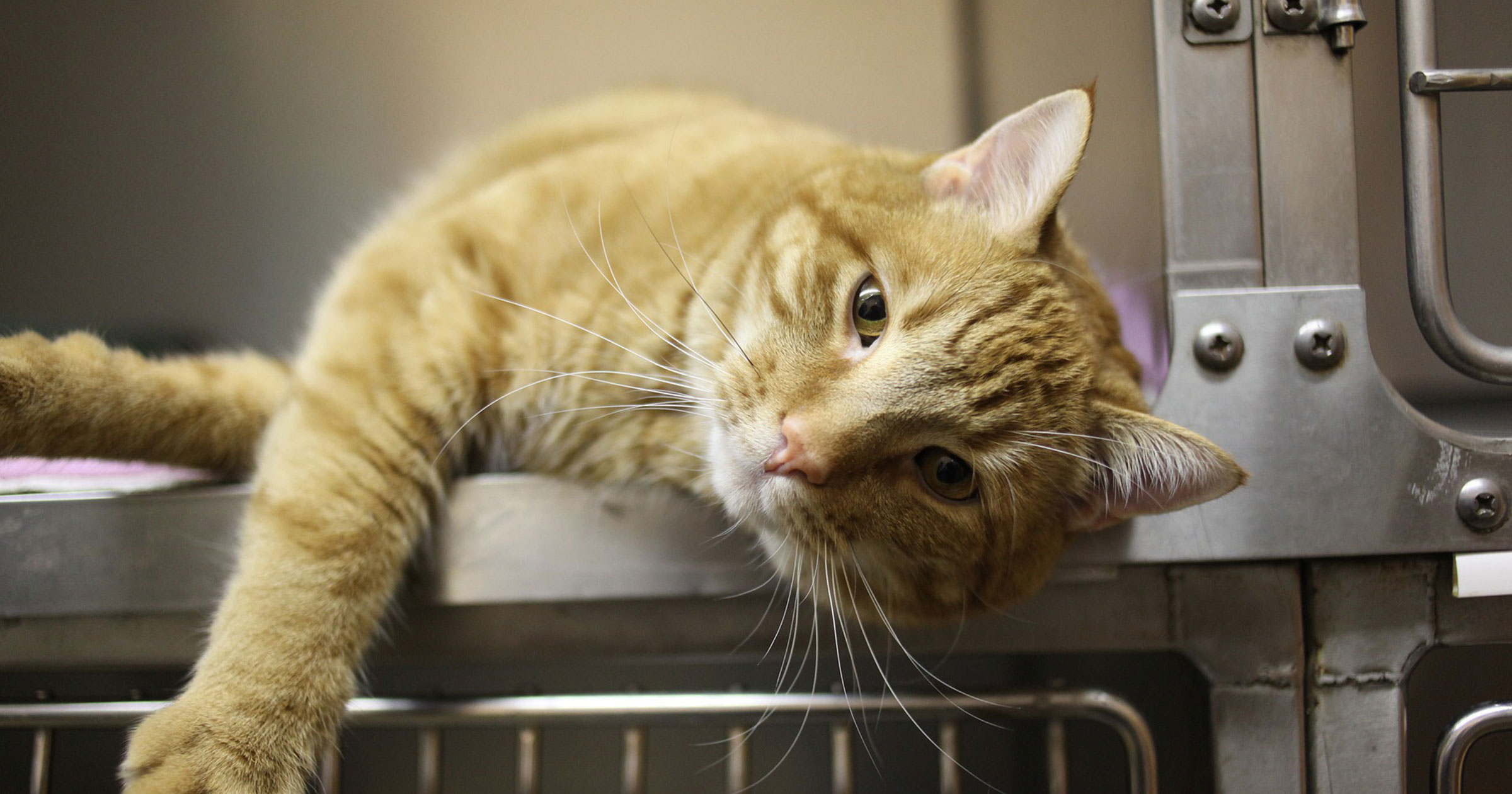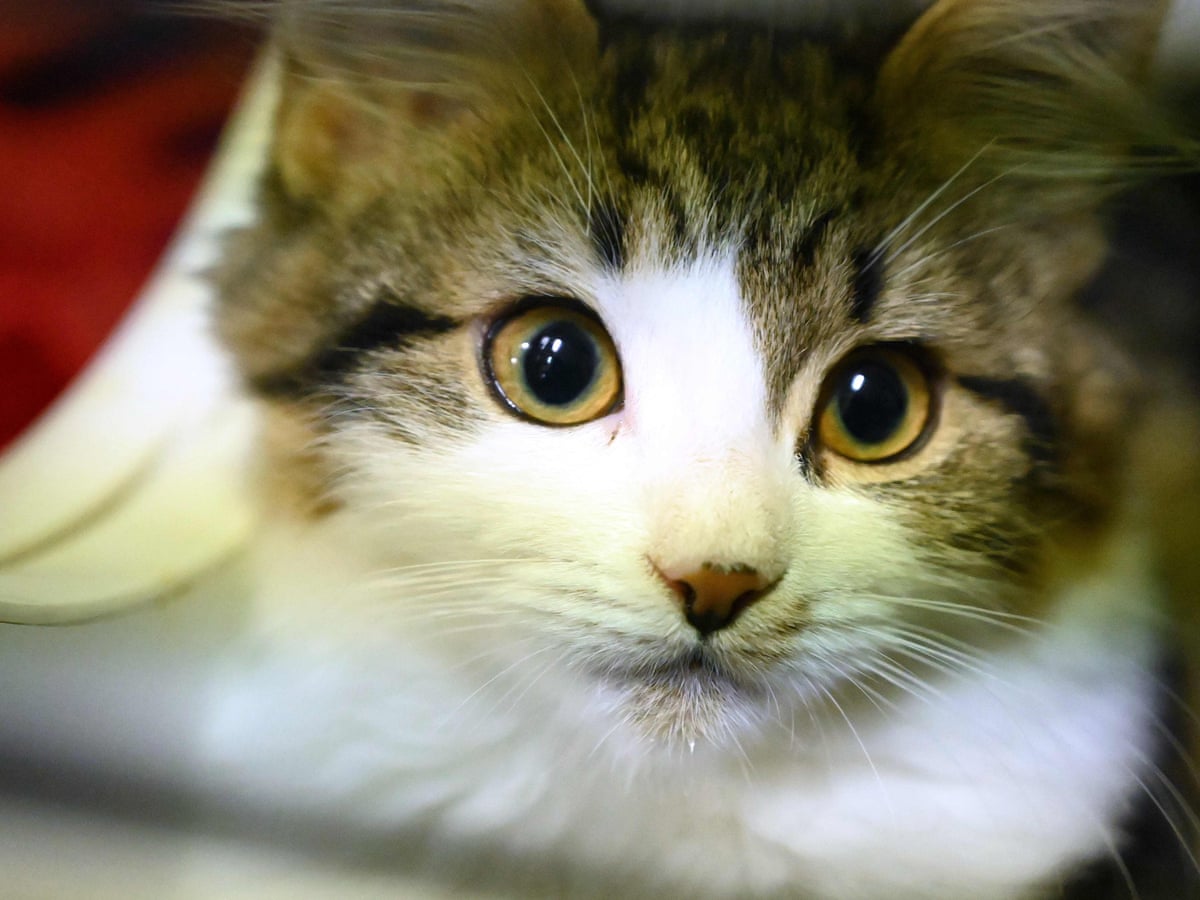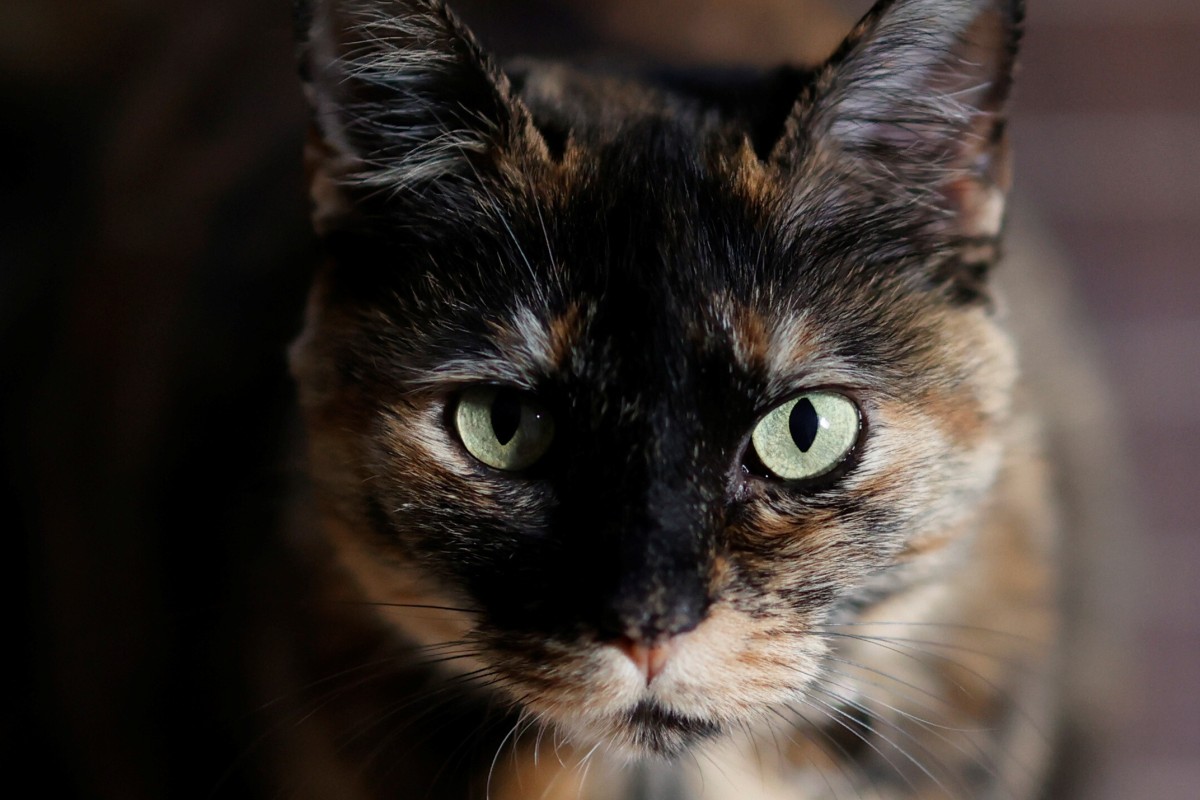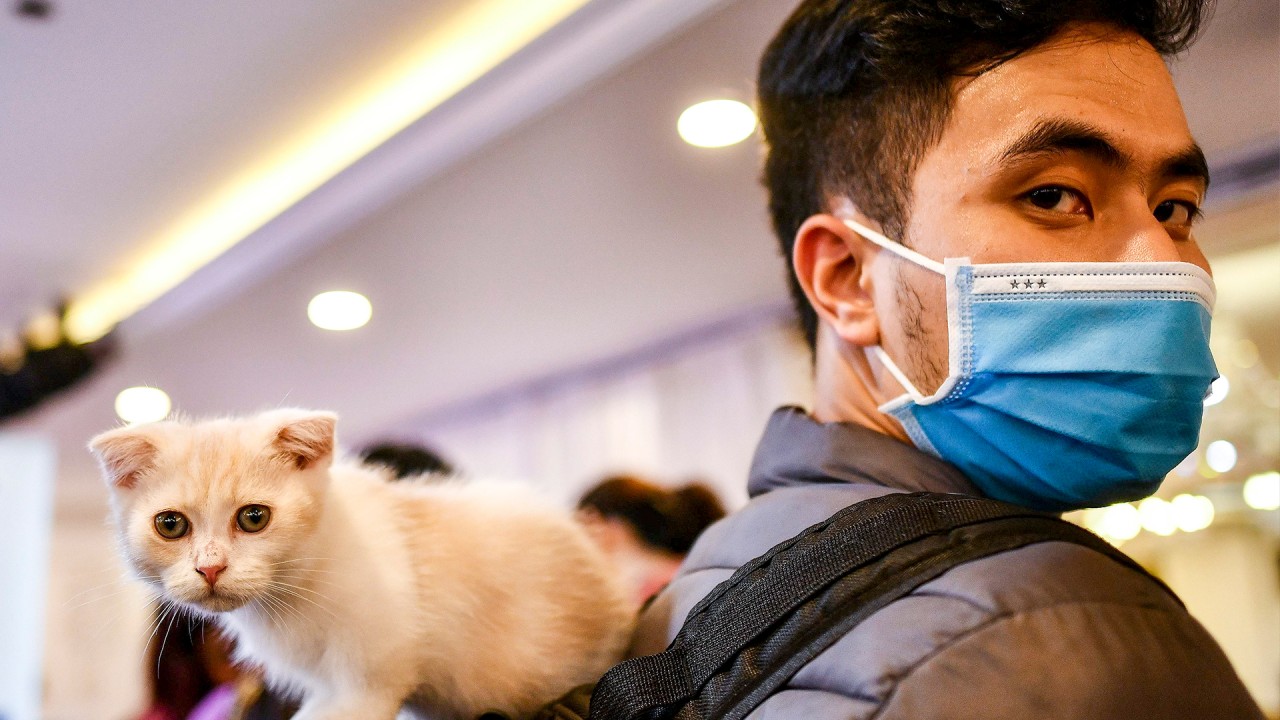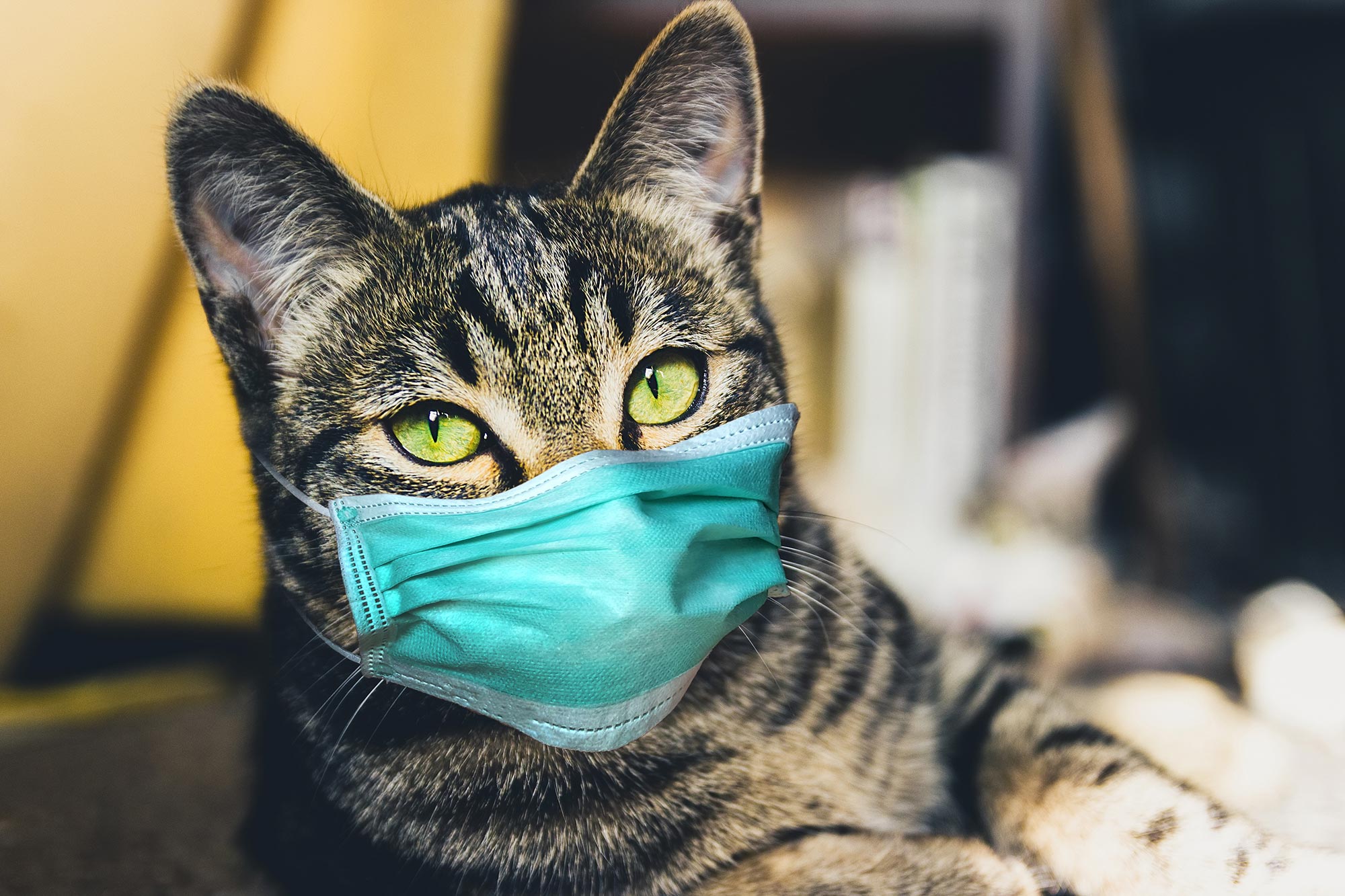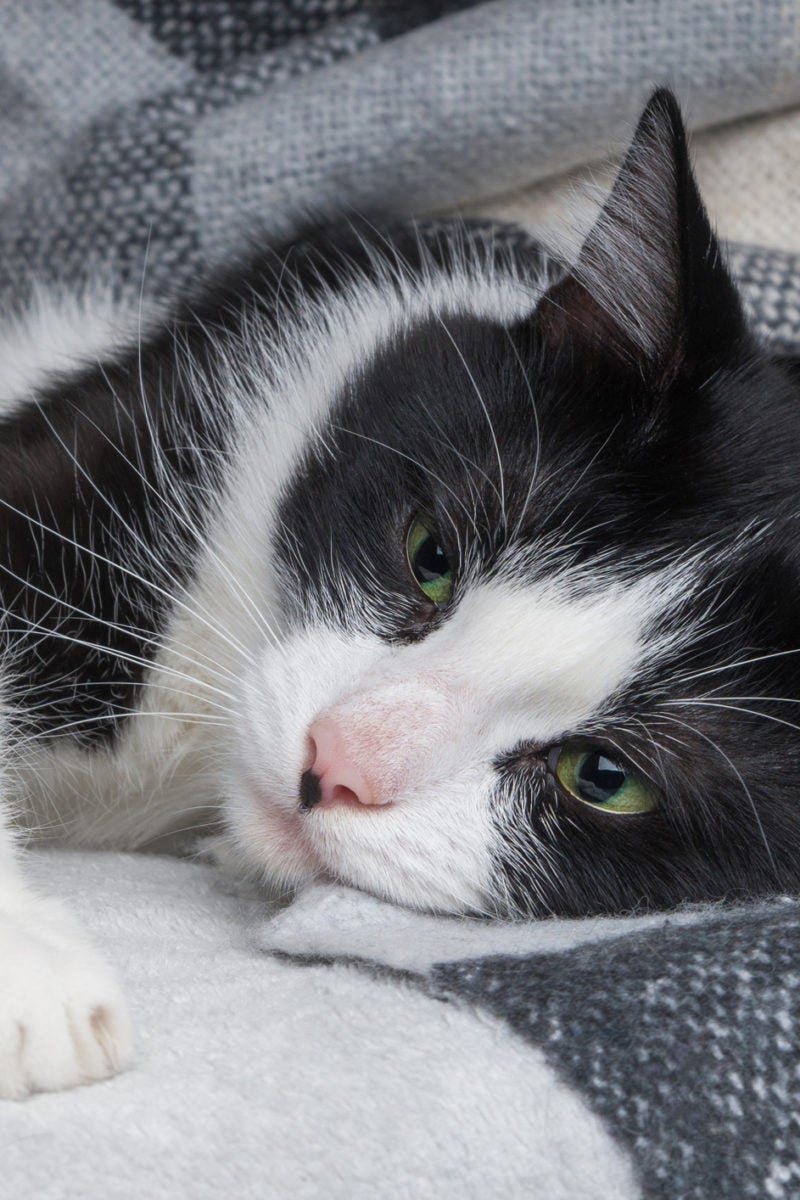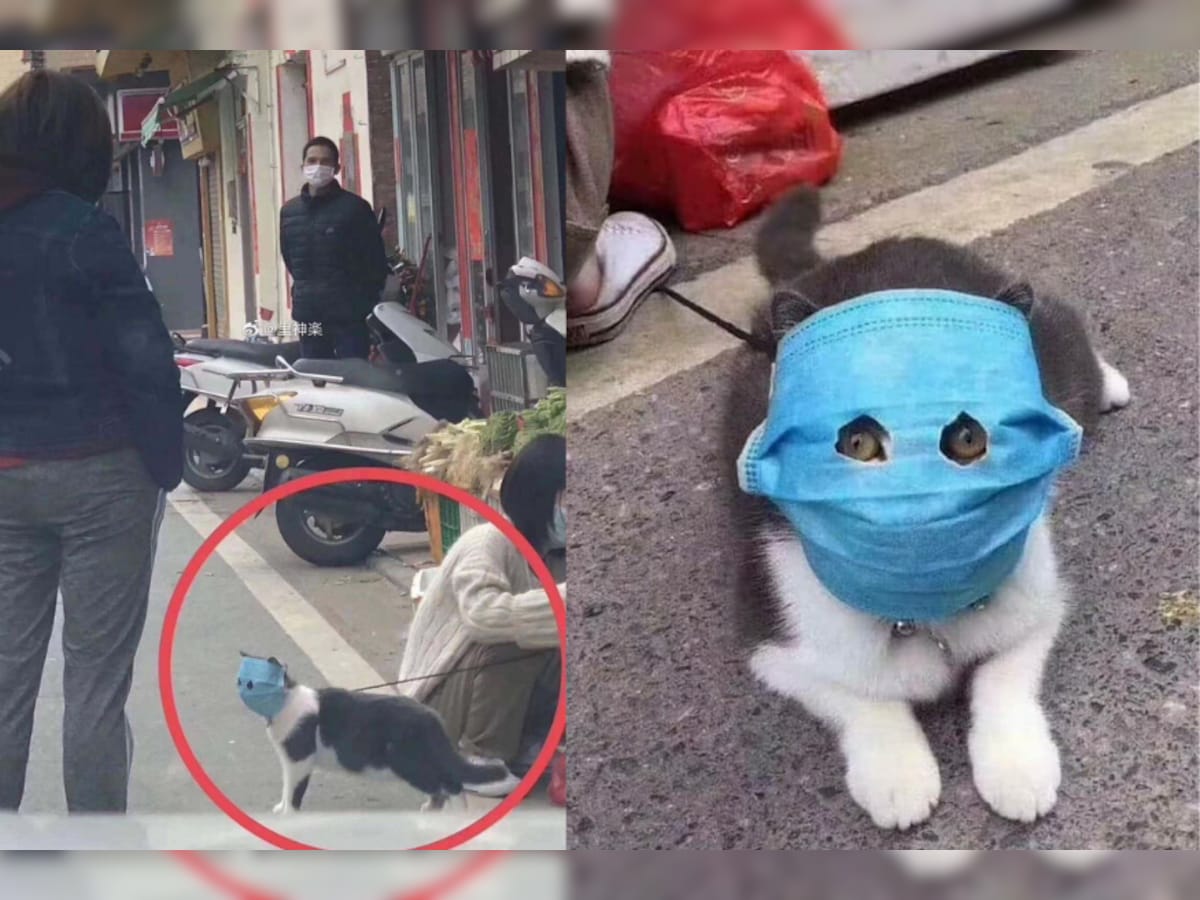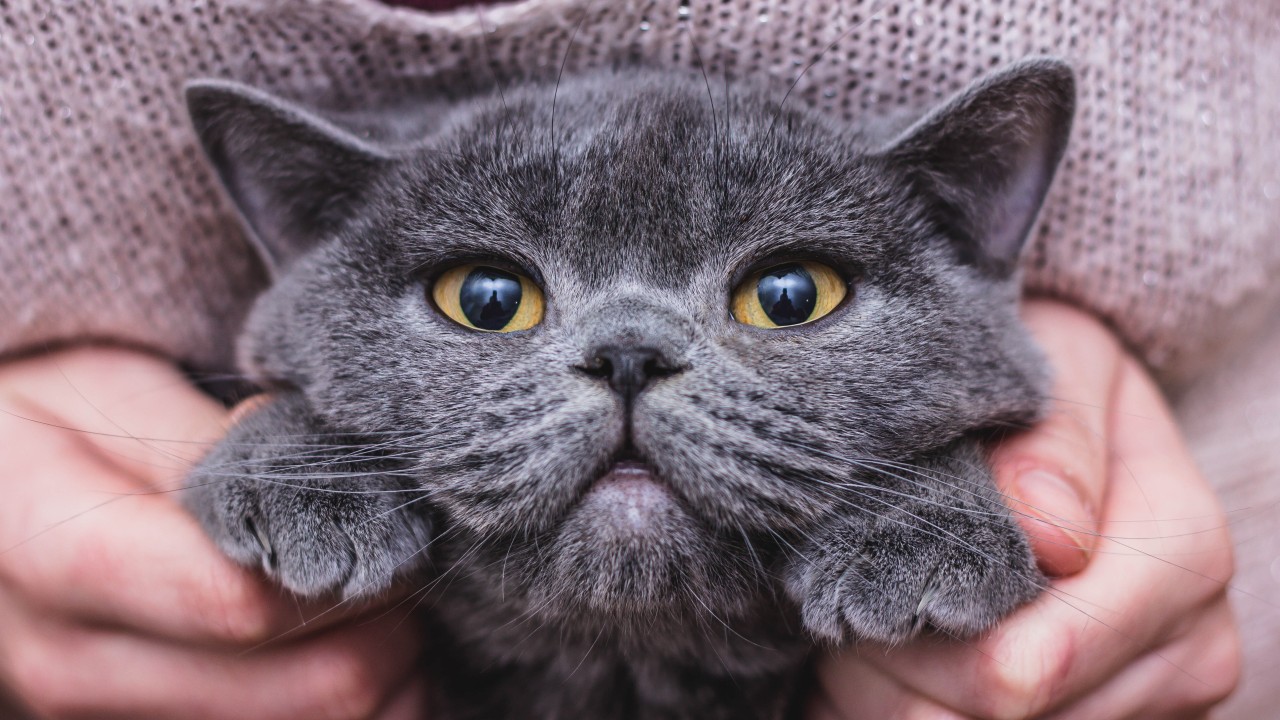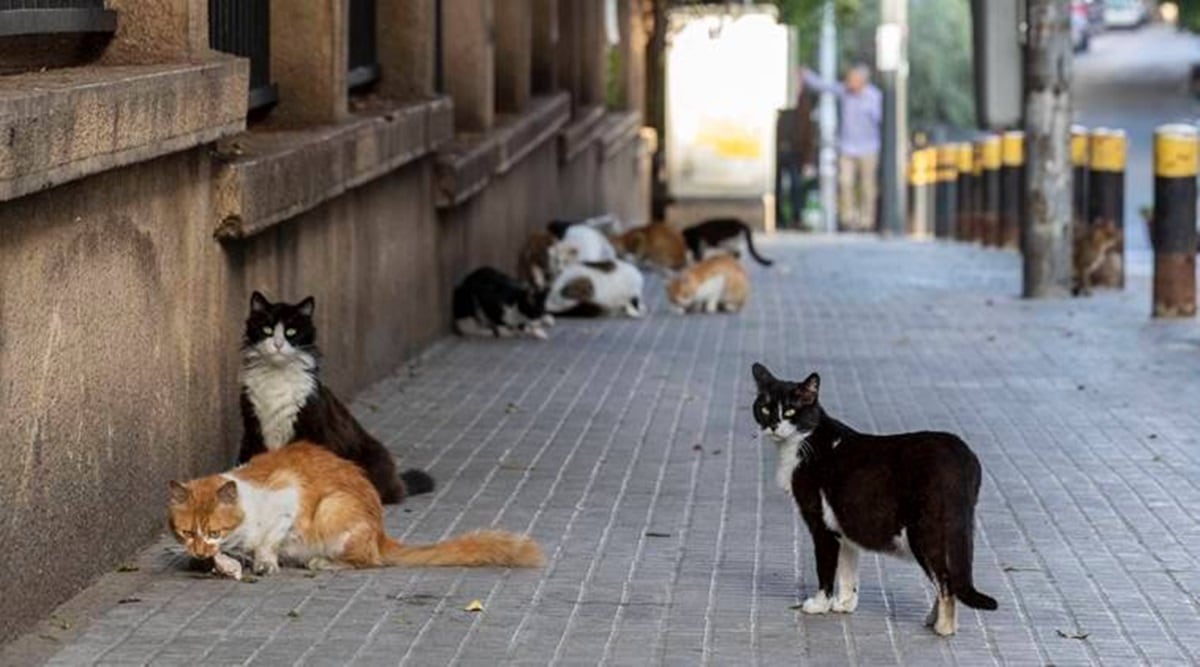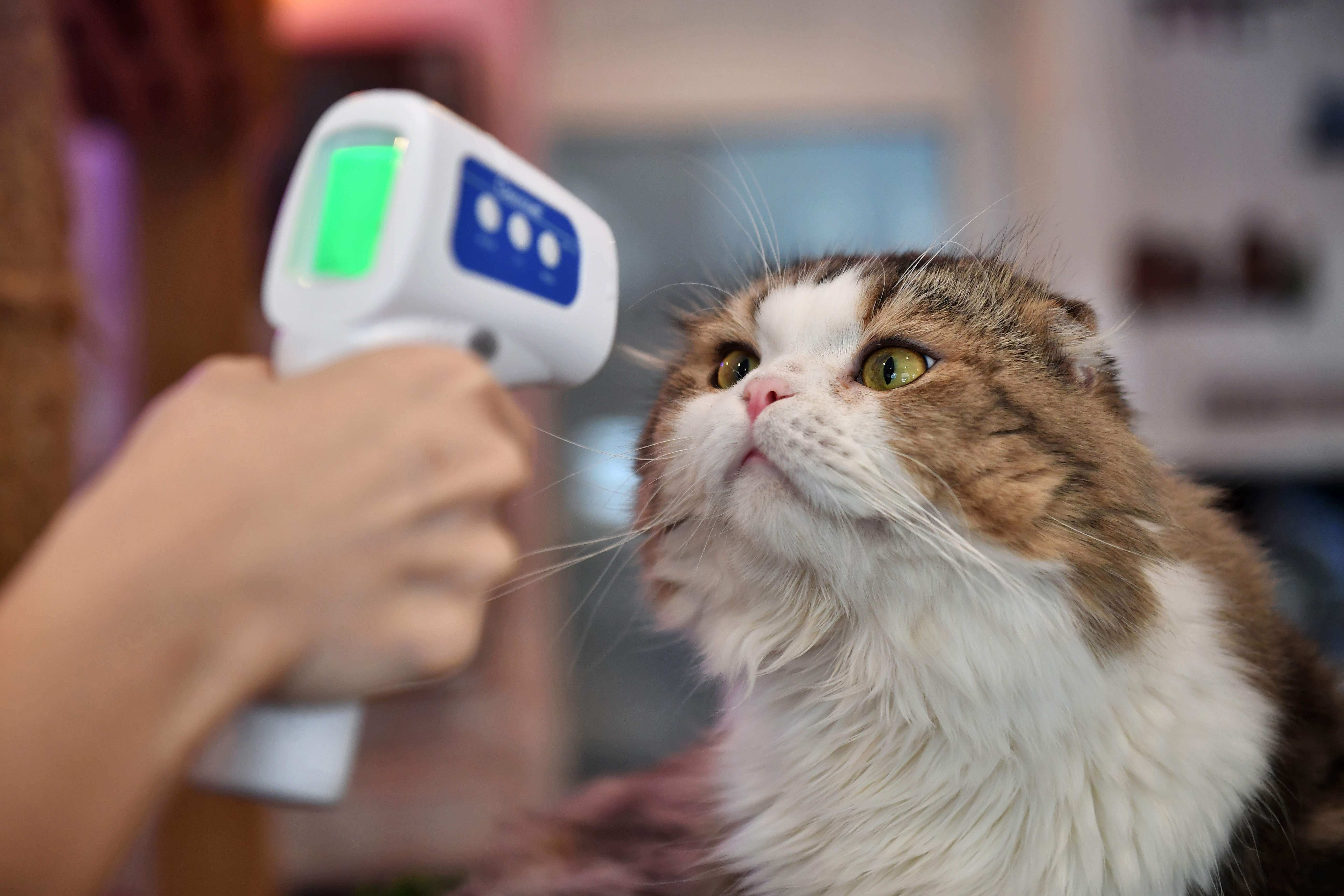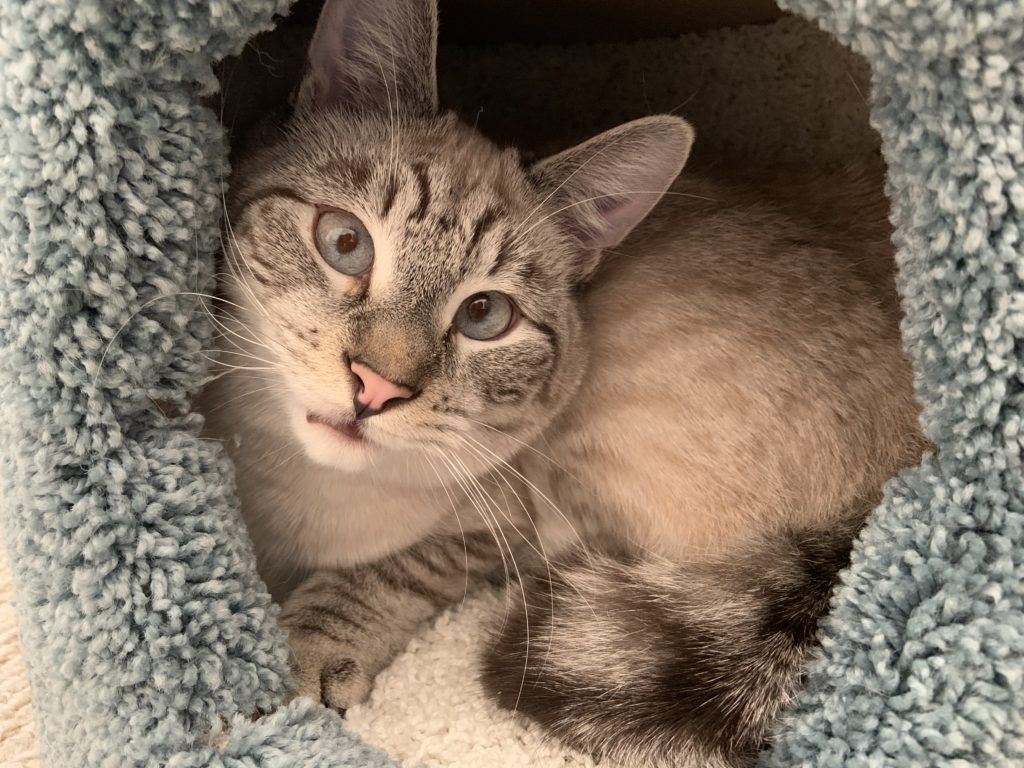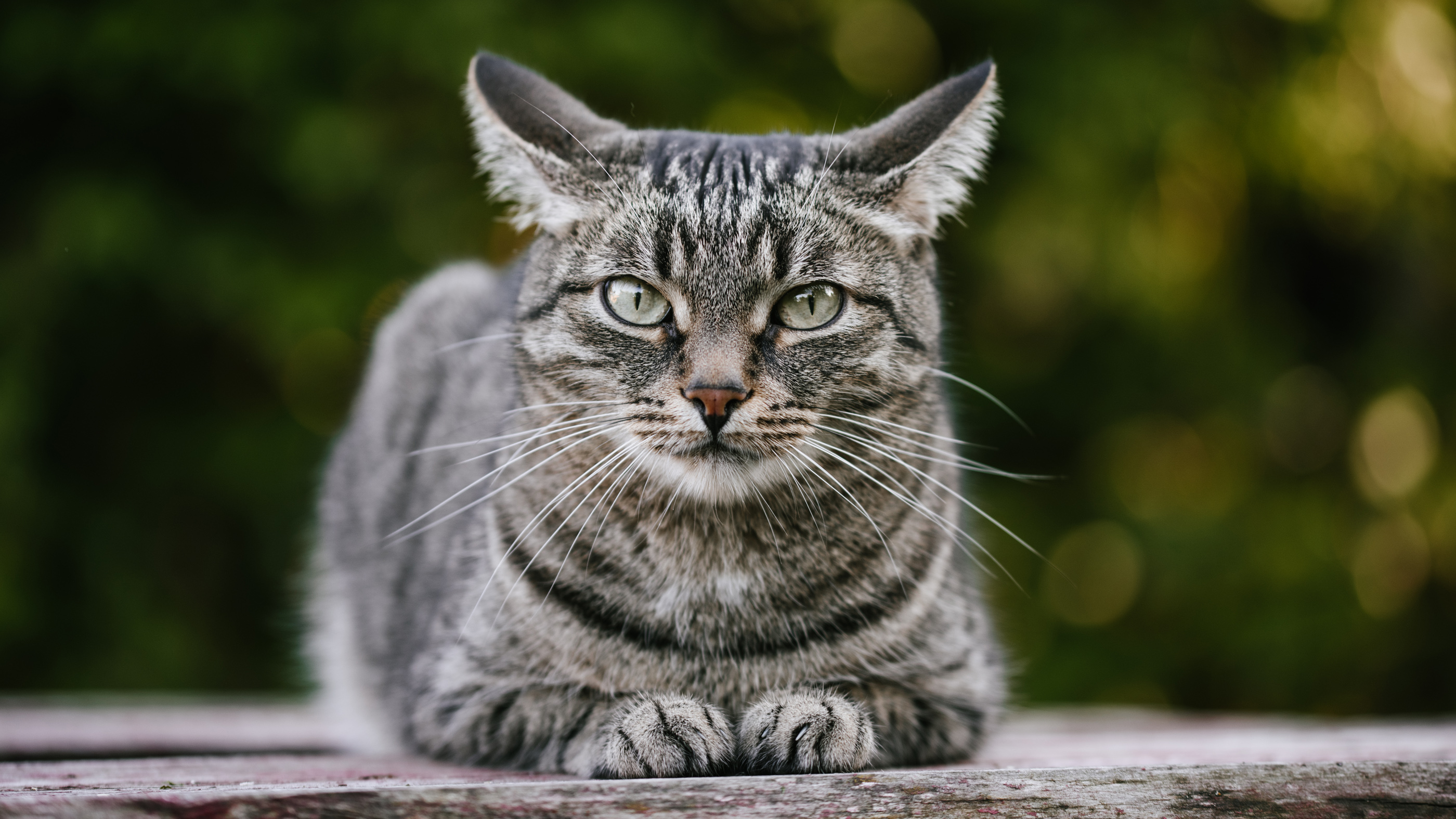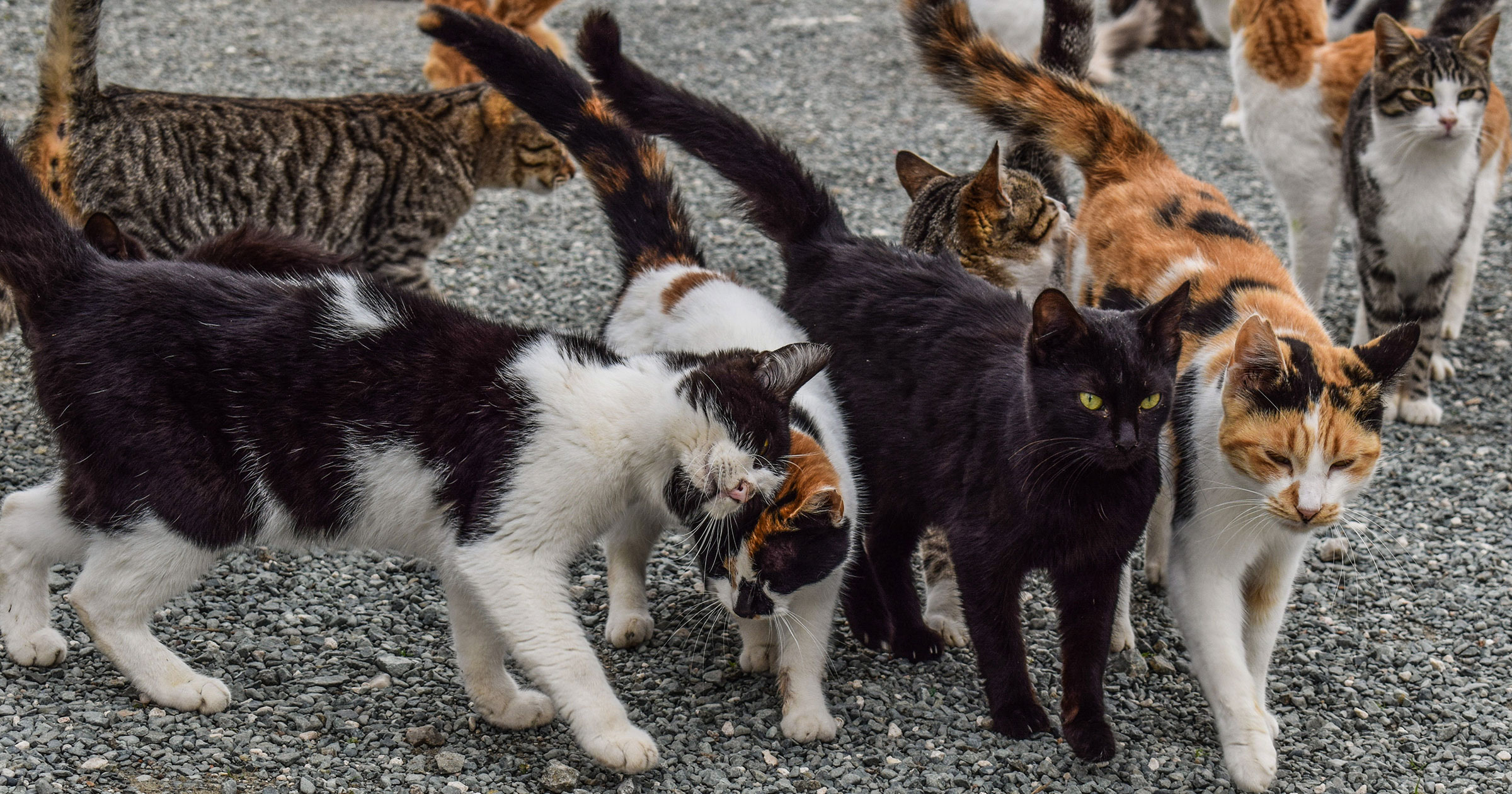Coronavirus In Cats Symptoms

Mutation of FECV to a biotype capable of infection and replication within macrophages is responsible for development of feline.
Coronavirus in cats symptoms. Coronaviruses are a large family of viruses. Feline Coronavirus FCoV is a common viral infection in cats. Feline enteric coronavirus FECV is an enveloped single-stranded RNA virus that is highly prevalent worldwide in domestic cats.
If you or a family member has COVID-19 watch for lethargy breathing issues respiratory discharges coughing sneezing and diarrhea in your cat. Infection is often subclinical or characterized by transient mild GI illness in kittens. This form often causes the cat to have seizures and move in an abnormal or uncoordinated way.
If youve been diagnosed with are suspected of having or are displaying characteristic symptoms of coronavirus COVID-19 it is advisable to minimise the amount of time your cat spends outdoors unsupervised. What if my pet shows symptoms coughing fever chills of human coronavirus COVID-19. This infection can affect the brain liver kidneys lungs and skin.
At this point it appears house cats with COVID-19 developed a mild to moderate cough potentially accompanied by an increased breathing rate or. Of the small number of dogs and cats confirmed to have the virus that causes COVID-19 some didnt show any signs of illness. The cat with coronavirus had symptoms of feline herpes Professor Weir told LBCs Tom Swarbrick.
Investigators are still unsure of the routes by which strains of coronavirus are transmitted between cats. New studies show that two domestic cats in the UK. In some cases cats will also.
The pets that did become ill only experienced mild symptoms and could be cared for at home. The amount of time dogs and owners spent together and the type of contact they had didnt change the dogs odds of infection. If possible keep your cat indoors if they are happy to be kept indoors.
